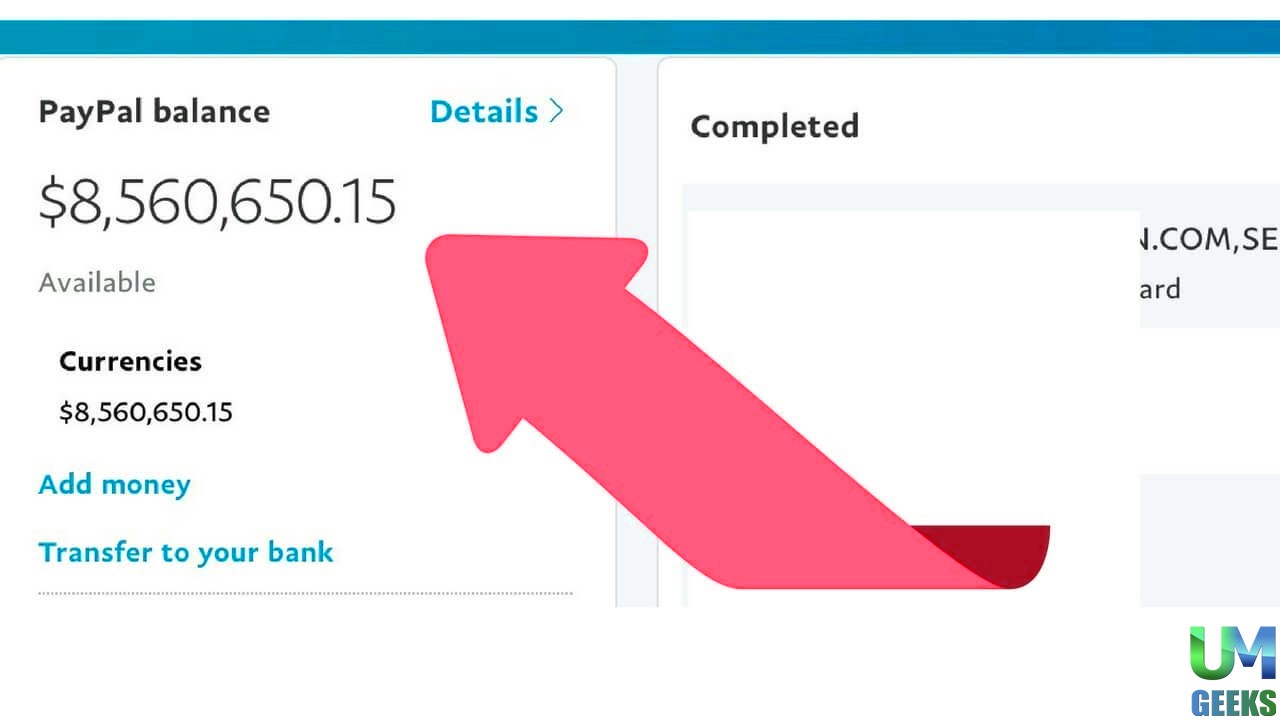
Once you have decided starting your own business, you need to evaluate your skills and personal traits to start your business successfully. Also, determine the type of business you would like to run. Finally, you need to learn about your local laws and regulations.
Building a strong team
As a small business owner, one of the biggest challenges will be building a solid team. A strong team isn’t just about the connections between employees, though that’s a big part. Besides, “team” doesn’t necessarily mean sales or marketing teams. It could mean any working group in an organization.
If you want your team to work together effectively, consider bringing all departments closer. This will foster cross-functional cooperation. When building your team, start by recruiting the right people for the job. A job description should detail what each employee is responsible for.
Be specific but not so detailed that they don’t understand their duties. Also, be transparent with them. Withholding information from them will only make them feel disinterested. On the other hand, letting them know exactly what is going on will help them feel invested in the team.
Read More: How To Choose a Good Business Partner
Creating a unique selling proposition
If you start your own business, the first step to success is determining your USP or unique selling proposition. Unique propositions should be the most appealing features of your business, with customers willing to pay more for your products and services. In addition, the USP should be relevant to your target market.
Once defined, you can determine your business model and customers. While this process may seem intimidating initially, it can be beneficial to learn as much about your competition. If you research what your competitors offer, you can better position your business and create a USP that stands out from the crowd.
In addition, getting feedback from people in your target market will help you understand their pain points and identify opportunities to differentiate yourself from the competition. Finally, once you have a clear idea about your USP, you can begin to formulate your unique selling proposition.
Applying for licenses and permits
Whether you are just starting a business in your city or an experienced entrepreneur looking to expand your current company, applying for licenses and permits is integral to your startup planning process. There are many aspects of starting a business, including operational issues, digital infrastructure, physical storefront, and social media presence.
Local laws may include building codes, zoning requirements, and other municipal laws. In some cases, you may need a permit to operate your business in an area without a licensing requirement. Be sure to visit your state’s website to list all required licenses and permits for your industry.
Applying for business insurance
When it comes to applying for business insurance when you start a business, there are many different things you need to consider. Not every business requires the same level of coverage, so it is essential to research the options and compare policies. However, there are several ways to cut down on the overall cost of your business insurance policy. To save money, consider getting multiple policies and bundling them together. Then, make sure to adhere to deadlines for payment and claim submission.
Choosing the right broker is essential. Getting quotes from several insurance companies can be time-consuming and overwhelming, so you should stick to one broker specializing in your particular business type. Also, it is best to choose an insurance carrier whose reputation is unblemished. By selecting a reputable carrier, you can get coverage that suits your needs and is affordable. Identifying a location for your business
Identifying a location for your business is vital for many reasons. First, consider the demographics of the area you are targeting. For example, a place on a busy street does not necessarily mean that people will drive there to do their business. You also need to consider the accessibility of the area for significant storage space and warehouse space.
Finally, if you are not selling products or services that would appeal to many people, you might not be the ideal location for your business. After determining a location, evaluate its potential for business growth. Consider what other businesses are located nearby. Consider if the area will attract foot traffic and increase your company’s culture. You can also consider the competition within the area.
By analyzing your business location and examining your competition, you’ll better understand which areas are best for your business. It’s essential to choose a place that will be ideal for your business and one that will make your competitors jealous.
Read More: How To Start a Business From Your Home
Getting startup capital
Getting startup capital when starting a business is one of the most important financial decisions for new business owners. It affects the structure and operation of your company. Because every business is unique, no one financial solution will work for every new business. However, your situation and vision for it will shape the economic future of your business. Fortunately, there are many options for getting startup funding. Below are five different sources of financing for new companies.
Personal savings are a great source of startup capital. However, if you do not have sufficient funds, you may have to turn to other funding sources. For example, a friend or family member may agree to provide a loan, resulting in a strong bond. While you should always keep in mind the limitations of a credit card, it may be the best option for small revolving needs. In addition, a credit card can be a great source of capital if you’re an entrepreneur who plans to retain ownership.



